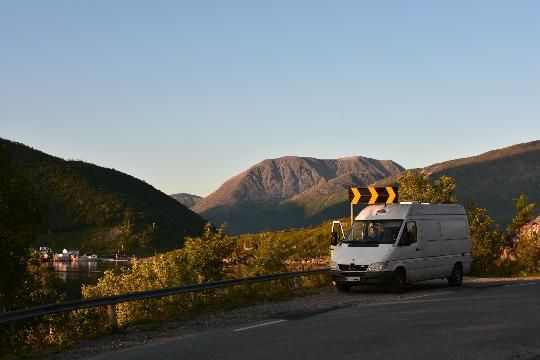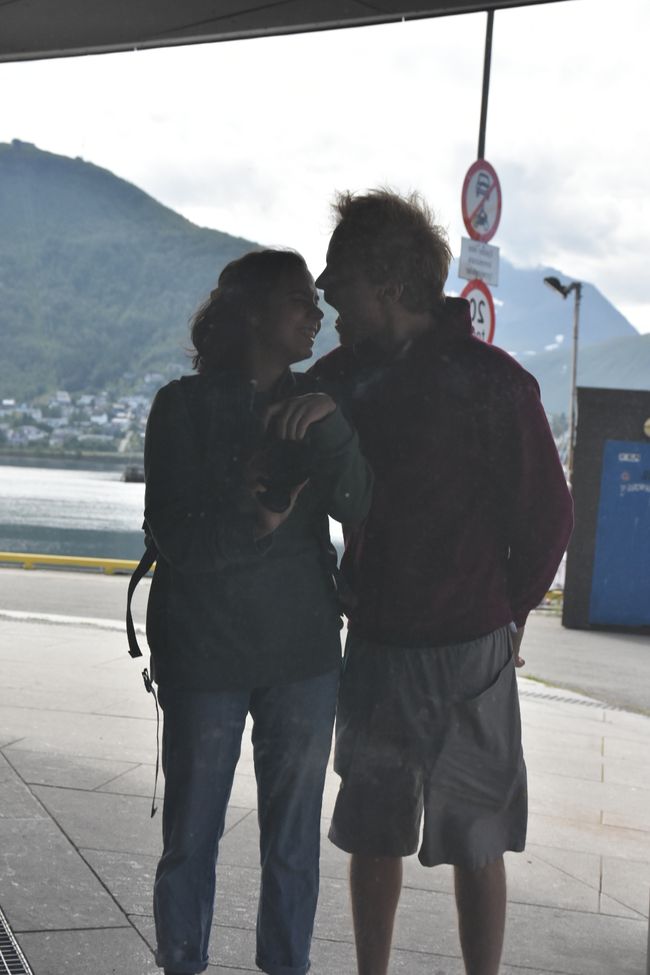Tag 140-146 - Procrastination Level 9000
Objavljeno: 01.03.2019
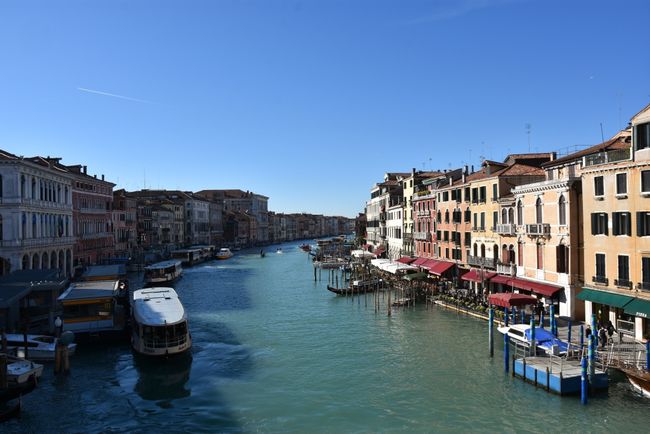
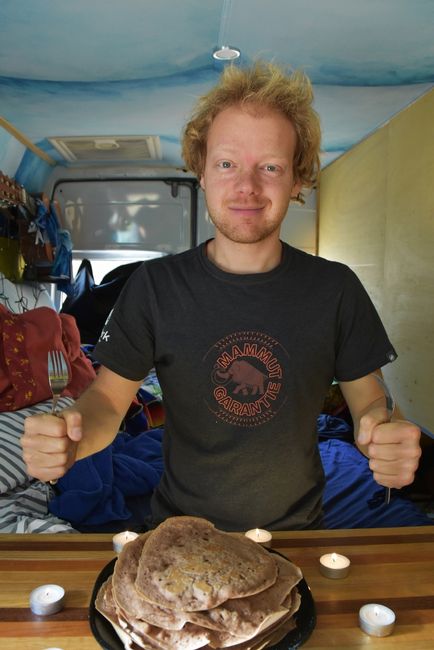
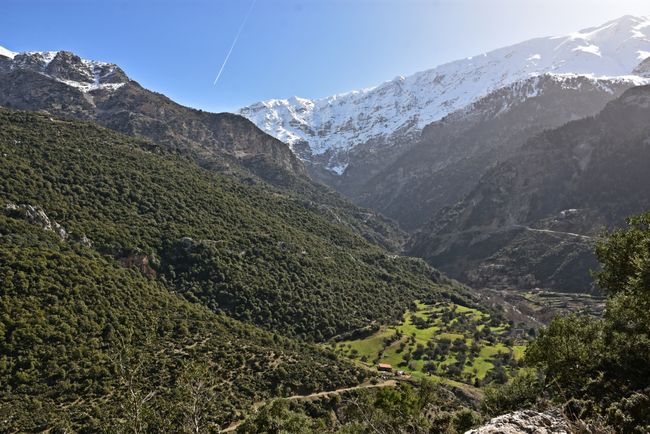
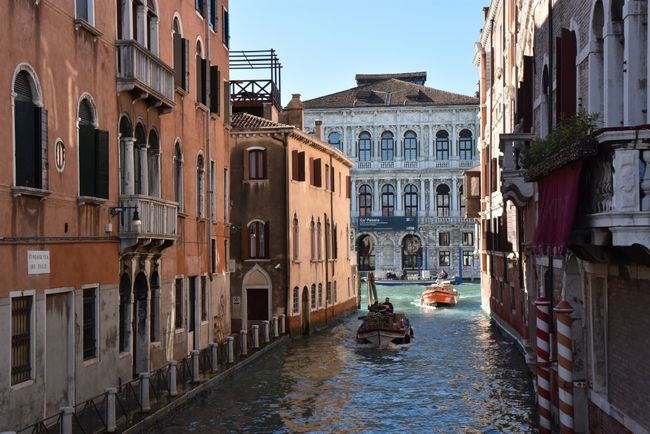
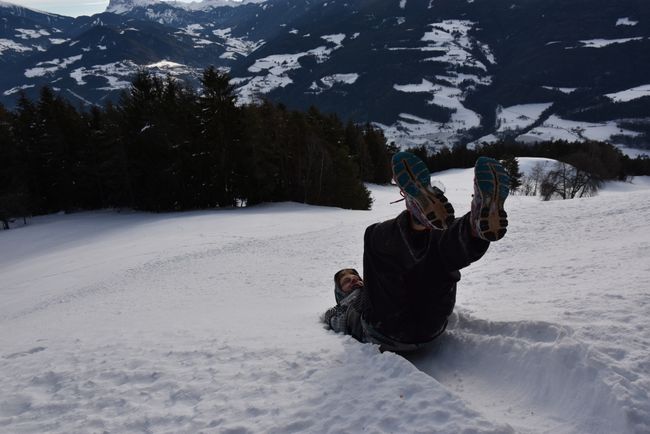
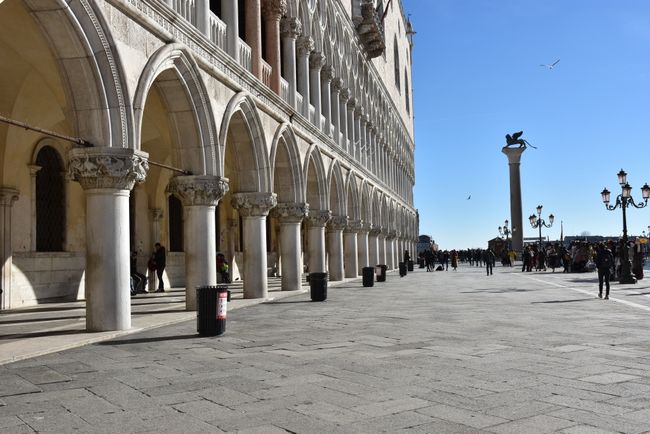
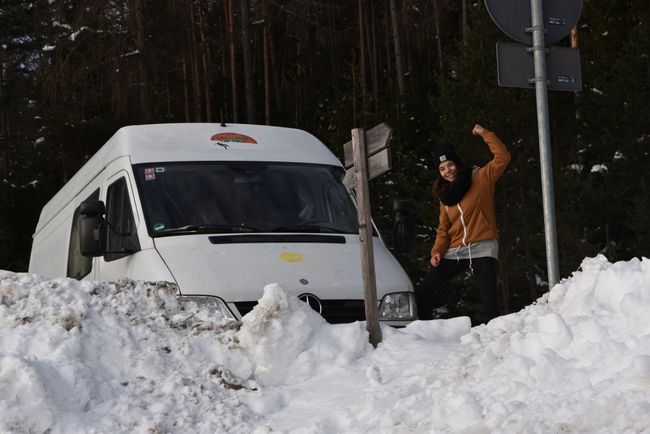
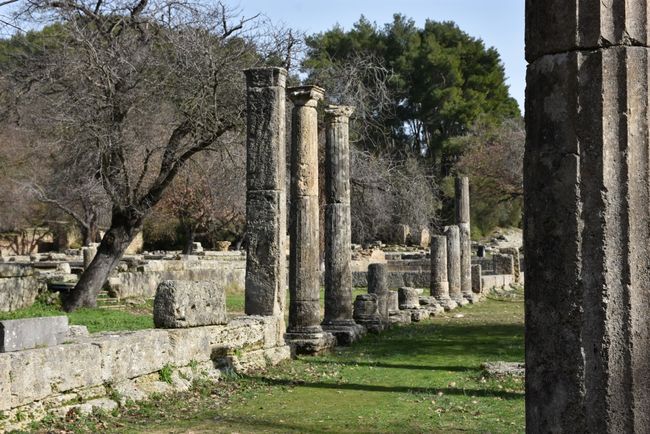
Pretplatite se na Newsletter
I have to admit, I have never spent as long on a blog post as I did on this one. We have been back in Germany for almost three weeks now and I am only now finding the time to really reflect on our last days of travel. This is due in part to the fact that everyday life immediately dragged us back into its busy clutches and we had our hands full with things like seeing good friends again and studying for upcoming exams. But it is also because our five months in the van already seem infinitely far away. Maybe I have postponed this entry for so long because our journey is really officially over now. Or maybe I was just lazy, we will never know.
At any rate, I hope that with the following lines I have sufficiently appreciated our last days on the road.

A little detour to Venice
One thing worth mentioning is our visit to ancient Olympia, a place I have been looking forward to throughout the entire journey. For 1169 years (from 776 BC to 939 AD), the original Olympic Games took place here every four years. The significance of the past rarely comes to the fore as much as when you think that even in our time the Games are still a symbol of peace and unity. To this day, the Olympic flame is lit here in the Temple of Hestia and the news of peace and freedom to travel during, before, and after the Games is spread to the venue and to the world at large - ok, back then it was more like the whole of Greece.
Any Greek citizen who was a free citizen was allowed to participate, while slaves and "barbarians" (aka non-Greeks) were allowed to watch. Cities sent heralds to represent themselves and many scientists or artists took advantage of the available audience. Only women were forbidden, under penalty (falling to their death from Mount Typaion), from participating in or even watching the Games. However, when Kallipateira from Rhodes was the only one to violate the prohibition by disguising herself as a man to watch her son, her punishment was forgiven due to the high esteem of her athlete-rich family.

The Olympic Games were held in honor of Zeus, and there was a separate competition for unmarried women at a different time, the Heraea in honor of Hera. Considering that these "games" consisted only of a race over 160 meters and the participants had to run in short robes with their hair loose, this generous gesture seems more like a visually pleasing spectacle than an appreciation of women's athletic abilities.
For male athletes, however, the glory was all the greater. They arrived a month before the actual Games and were tested for their athletic, character, and moral abilities. A victory in Olympia was considered the highest achievement a mortal could attain. The prize, a wreath made of wild olive branches behind the temple, symbolized the great recognition and various benefits that victorious athletes could enjoy. Victors erected statues of themselves in the stadium and were celebrated in their home cities. For the entrance in a four-horse chariot, the cities tore down parts of their walls and the athlete was entitled to lifelong meals in the Prytaneion, membership in the board of sanctuaries and festival events, and no longer had to pay any fees.
As revered as the victors were, cheating was frowned upon. In front of the stadium stood the zanes (yes, that is the correct plural), bronze statues of Zeus financed by fines. The names of the rule violators were inscribed on the pedestals as a deterrent.
By the way, the Olympic Games were not the only pan-Hellenic event of their kind; they were also held, for example, in Delphi in honor of Apollo, or in Corinth, Nemea, and Athens. Nevertheless, the Games in Olympia were of outstanding athletic importance, but above all of social and political importance, which we can somehow find again in our modern Games.
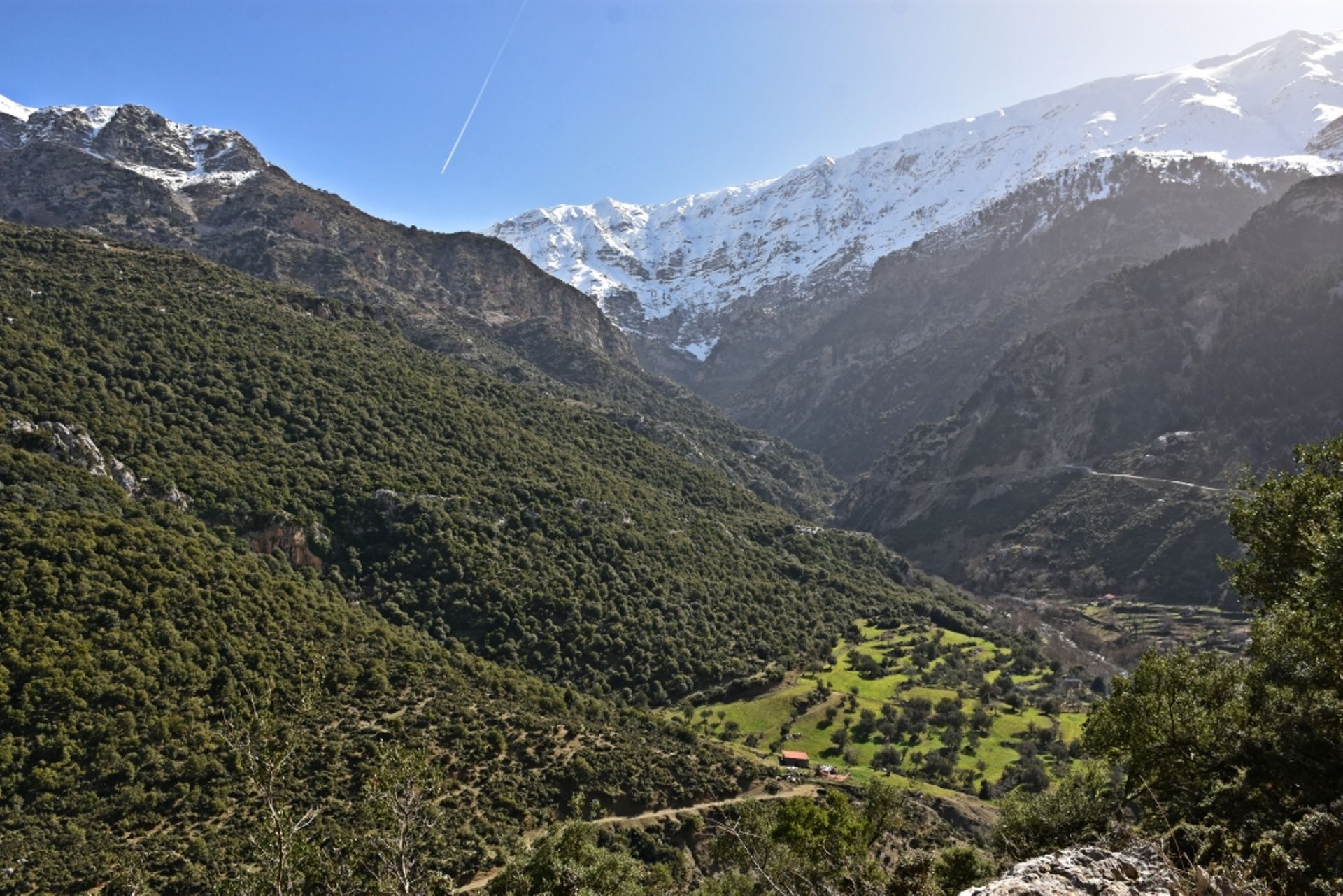
Inspired by so much sporting spirit, we spent two final climbing days near Patras in Alepochori, a smaller area with many difficult routes but beautiful scenery. Located in the mountains, we had a view of snow-covered peaks from here and were fully exposed to the strong winds while climbing - free mental training for us! It was very nice to live and climb like we did at the beginning of our journey - just the two of us, our van, and the rock.
Jan's birthday marked the date of our return journey, as we had agreed to spend it abroad and then drive back. So we celebrated in good company (us, Gretchen, and a herd of goats) and in the absence of an oven, we had pancake cake.
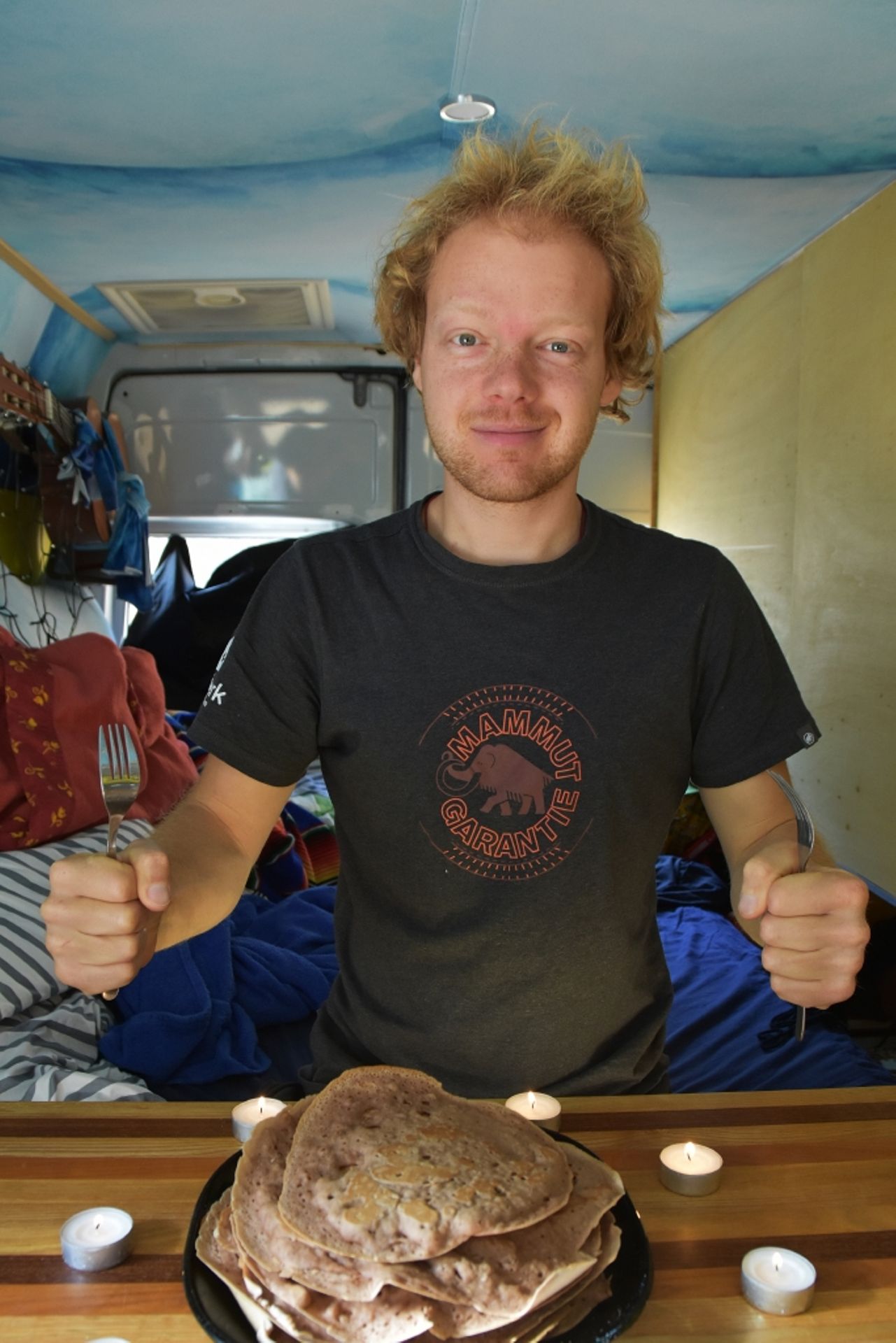
After that, we unfortunately had to spend two days and nights on the ferry to Venice. Besides two uncomfortable nights on the floor, playing chess on deck, and actually being on the same ship with the same crew as on our outbound journey (three months ago, wtf), a large-scale search for individuals was noteworthy. The port in Patras was full of police. Before we were allowed on the ferry, Gretchen and our wardrobe, which was only 25cm deep, were thoroughly searched, and a search notice was displayed on the screens on board. Since we still don't speak Greek, our imagination was sparked - will we ever find out whether it was a serial killer, a Russian spy, or the head of a major orange cartel?
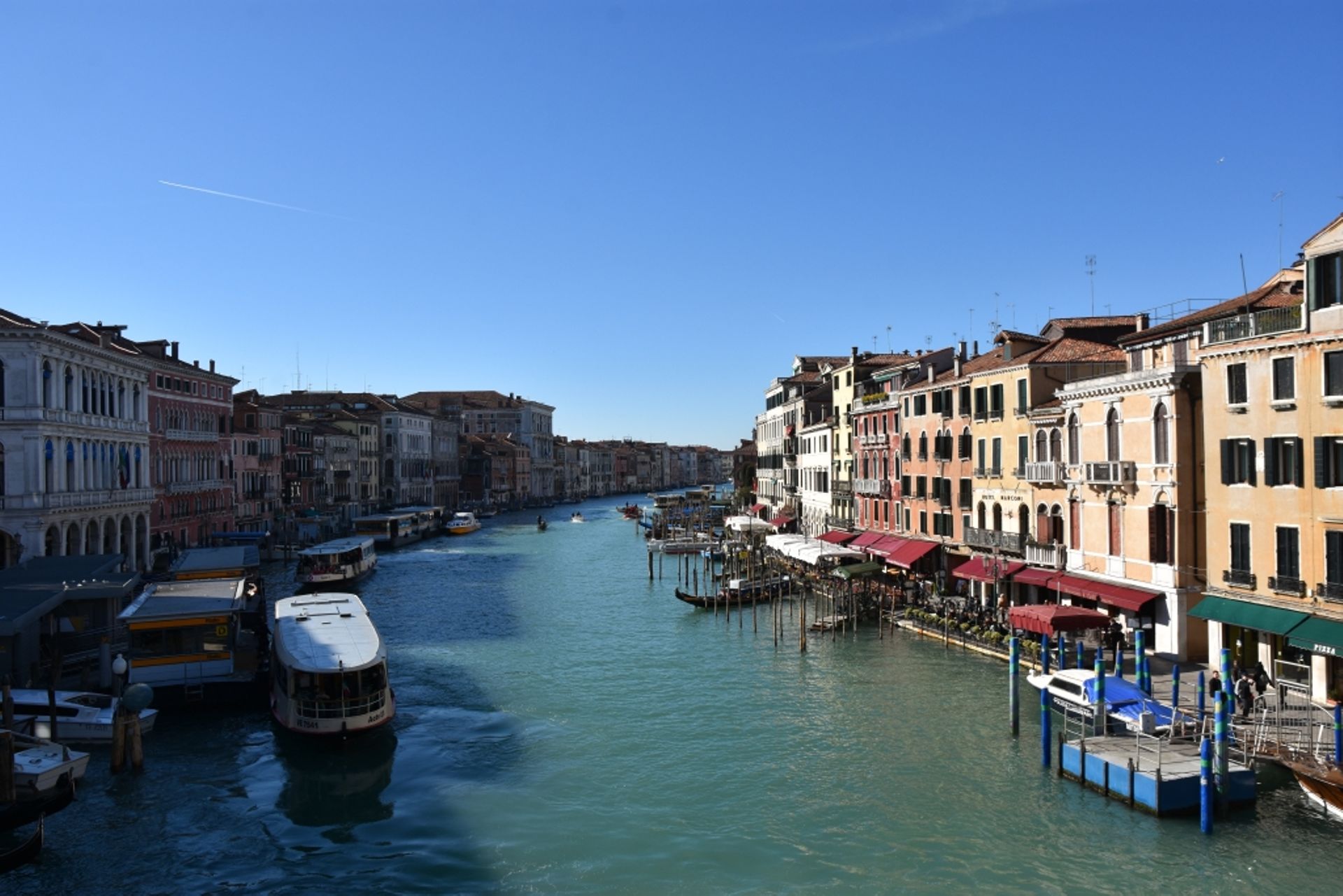
Arriving in Venice, we made a little detour to the city of pigeons, bridges, and (during our visit, really overflowing) canals, and our travel budget even covered pizza and ice cream.
We spent our last night somewhere near Bolzen at an elevation of 700 meters, surrounded by a thick layer of snow, to prepare ourselves for the winter temperatures in Germany. Apart from that, the journey back was rather unspectacular. We were not stopped at any border, let alone weighed, and we made it back in record time (as fast as you can go with 110 km/h).

And that's it. Hard to believe that we are actually back home. Luckily, there is still a lot to recap and tell, and so many memories that will accompany us forever.
In the hopefully not too distant future, there will be one final entry, simultaneously looking back on our journey and looking ahead to our future plans with Gretchen (and this fantastic blog).
Until then, vanlife on!
Pretplatite se na Newsletter
Odgovor
